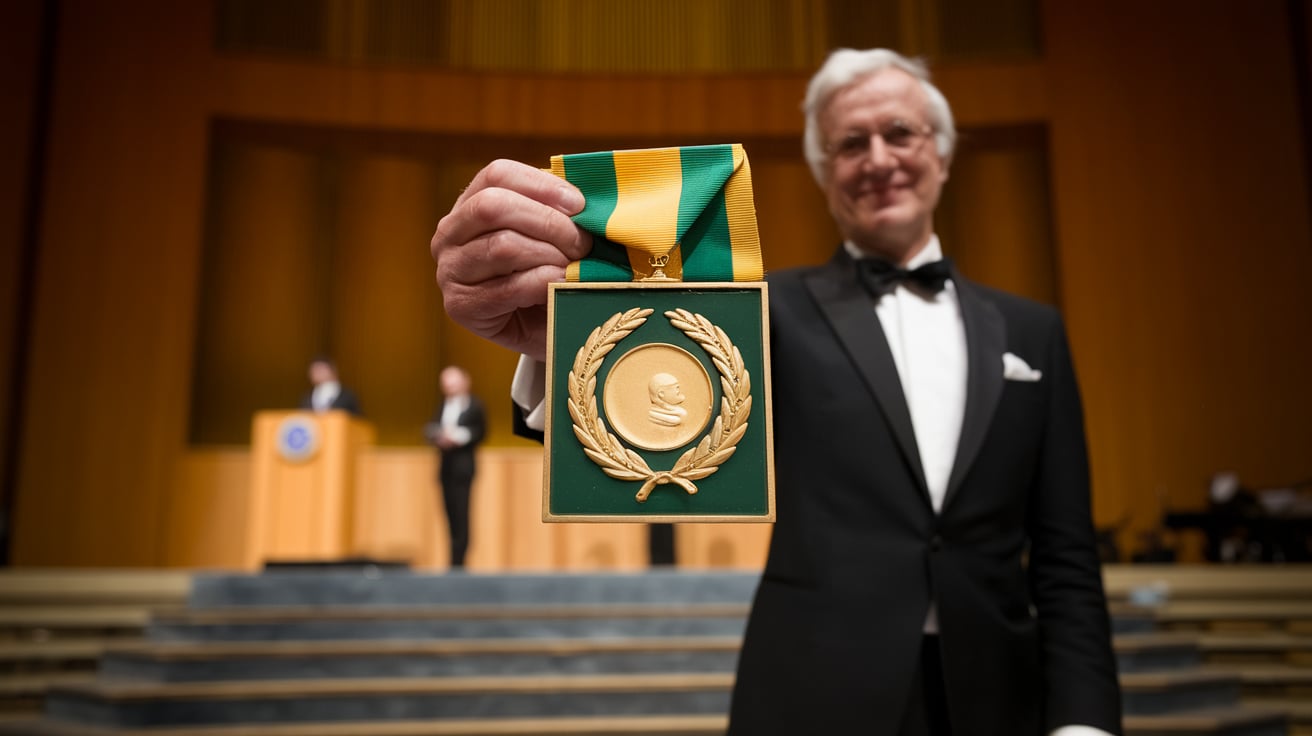
In a landmark announcement, the Nobel Prize for Physics has been awarded to John Hopfield and Geoffrey Hinton for their pioneering work that laid the groundwork for today's machine learning technologies. The Nobel Committee highlighted this year's theme as "machines that learn," underscoring the importance of the laureates' contributions to the field.
Ellen Moons, chair of the Nobel Committee for Physics, emphasized the far-reaching impact of the laureates' work: “The laureates’ work has already been of the greatest benefit. In physics, we use artificial neural networks in a vast range of areas, such as developing new materials with specific properties.”
John Hopfield, from Princeton University, is recognized for developing an associative memory model capable of storing and reconstructing images and various data patterns. His invention, the Hopfield network, utilizes principles from physics related to atomic spin, where each atom acts as a tiny magnet. The network operates by modeling energy states, where training involves adjusting connections between nodes to minimize energy, effectively reconstructing input data.
When presented with a distorted or incomplete image, the Hopfield network methodically updates its node values, systematically lowering its energy to retrieve the most similar stored image. This innovative approach has applications in various domains, including image processing and data pattern recognition.
Geoffrey Hinton, often dubbed the "Godfather of AI," is from the University of Toronto and is celebrated for developing methods that enable machines to autonomously identify patterns in data. Building upon the principles established by Hopfield, Hinton developed the Boltzmann machine, a new type of neural network that excels in recognizing characteristic elements in datasets.
By employing statistical physics, Hinton's Boltzmann machine is trained using examples that represent likely outcomes, enabling it to classify images and generate new instances of the learned patterns. His innovations have been instrumental in the explosive growth of machine learning, facilitating advancements in image recognition, natural language processing, and beyond.
Hopfield and Hinton will share the $1 million prize equally, reflecting their significant contributions to the advancement of machine learning. Their work not only revolutionizes the field of artificial intelligence but also bridges the gap between physics and computational methods, impacting a broad spectrum of scientific disciplines.
This recognition marks a pivotal moment in the evolution of AI, celebrating the visionaries whose work continues to shape the future of technology.